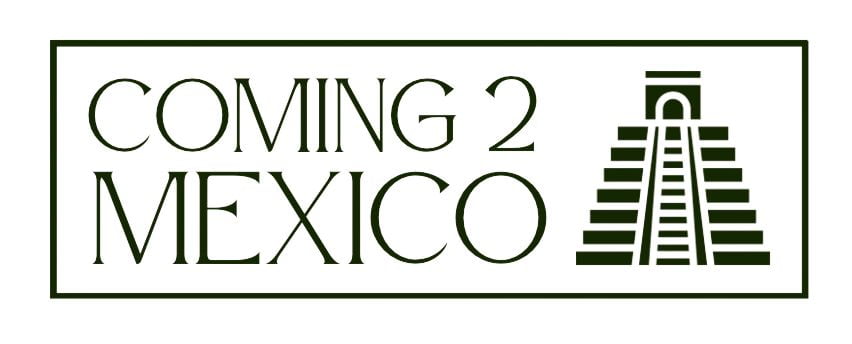Every year on April 30th, Mexico celebrates El Día del Niño, or Children’s Day, a heartfelt celebration of the youngest members of our society. This special day underscores the significant role children play within the cultural fabric of the country and emphasizes the collective responsibility to nurture their well-being.
The origins of El Día del Niño in Mexico trace all the way back to 1925. It’s a day filled with joy and festivities, dedicated entirely to the happiness and importance of children.
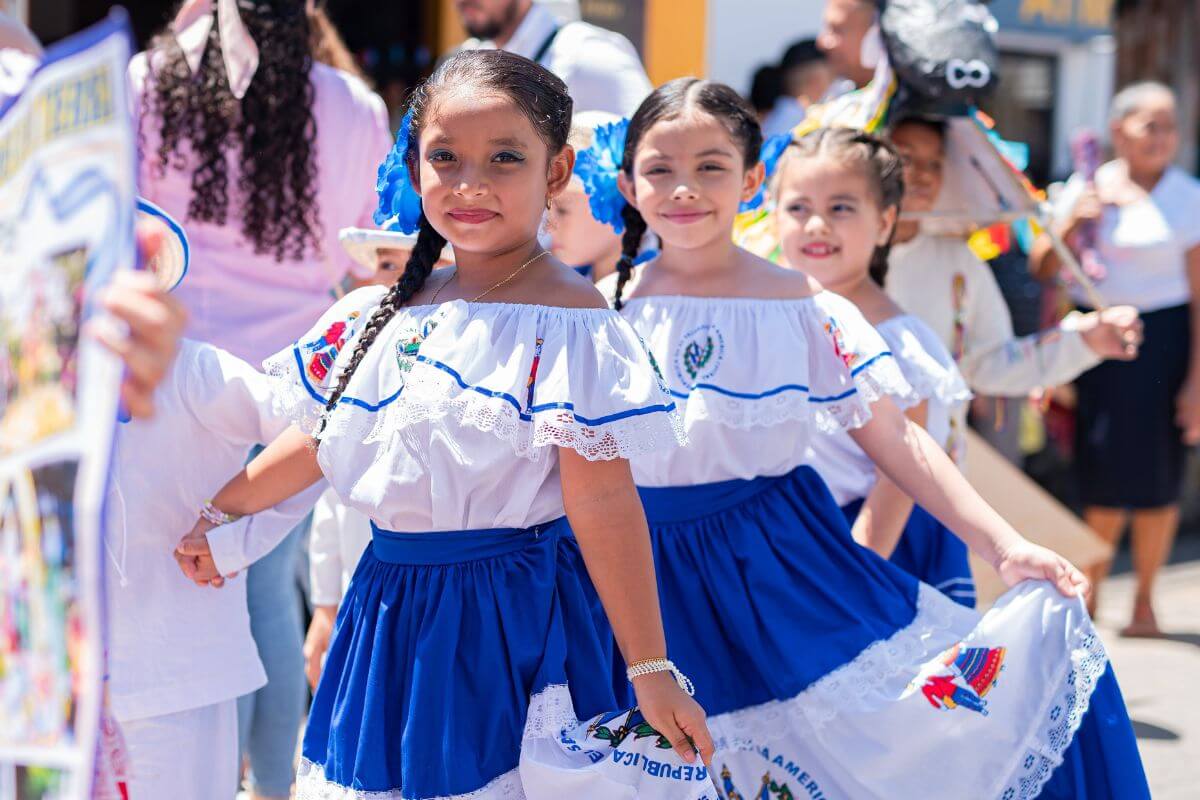
Across Mexico, schools, families, and communities come together to engage in activities that not only entertain but also foster the educational and emotional growth of children, ensuring they feel valued and loved. This celebration is a vivid expression of Mexico’s deep commitment to its future generations, highlighting how integral children are to societal vitality and continuity.
Contents
What is El Día del Niño?
El Día del Niño, or Children’s Day, is a cherished annual event in Mexico, devoted entirely to celebrating the nation’s children.
On El Día del Niño, the entire country comes alive with various festivities aimed at bringing joy and a sense of belonging to its young participants. Schools, community centers, and families host a range of activities from games and music to storytelling and dance, all designed to make children feel special and appreciated. These celebrations are not only fun but are imbued with the intention of fostering a healthy development environment for children, both emotionally and intellectually.
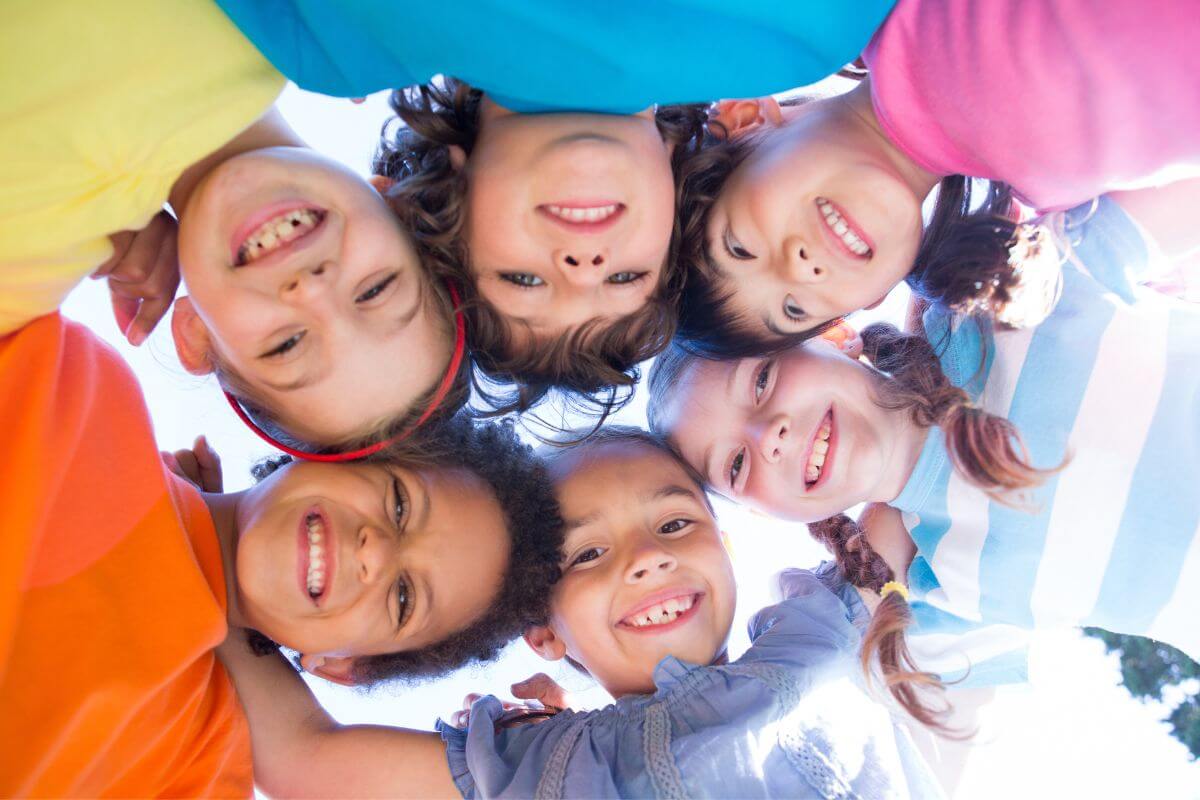
The day serves as a reminder of the vital role children play in shaping the future of society. It underscores the societal obligation to cherish and safeguard these young lives, ensuring that the principles of care, education, and respect for children are upheld daily. Through El Día del Niño, Mexico reaffirms its commitment to its youth, celebrating their potential and advocating for their rights in every aspect of life.
What is the history of El Día del Niño?
The origins of Día del Niño in Mexico trace back to an influential international event, the first “World Conference for the Well-being of Children”. During this landmark conference held in 1925 in Geneva, Switzerland, countries worldwide were encouraged to designate a specific day to focus on children and their welfare, sparking a global awareness of children’s rights and well-being. Inspired by this initiative, Mexico was among the first nations to formalize such a celebration.
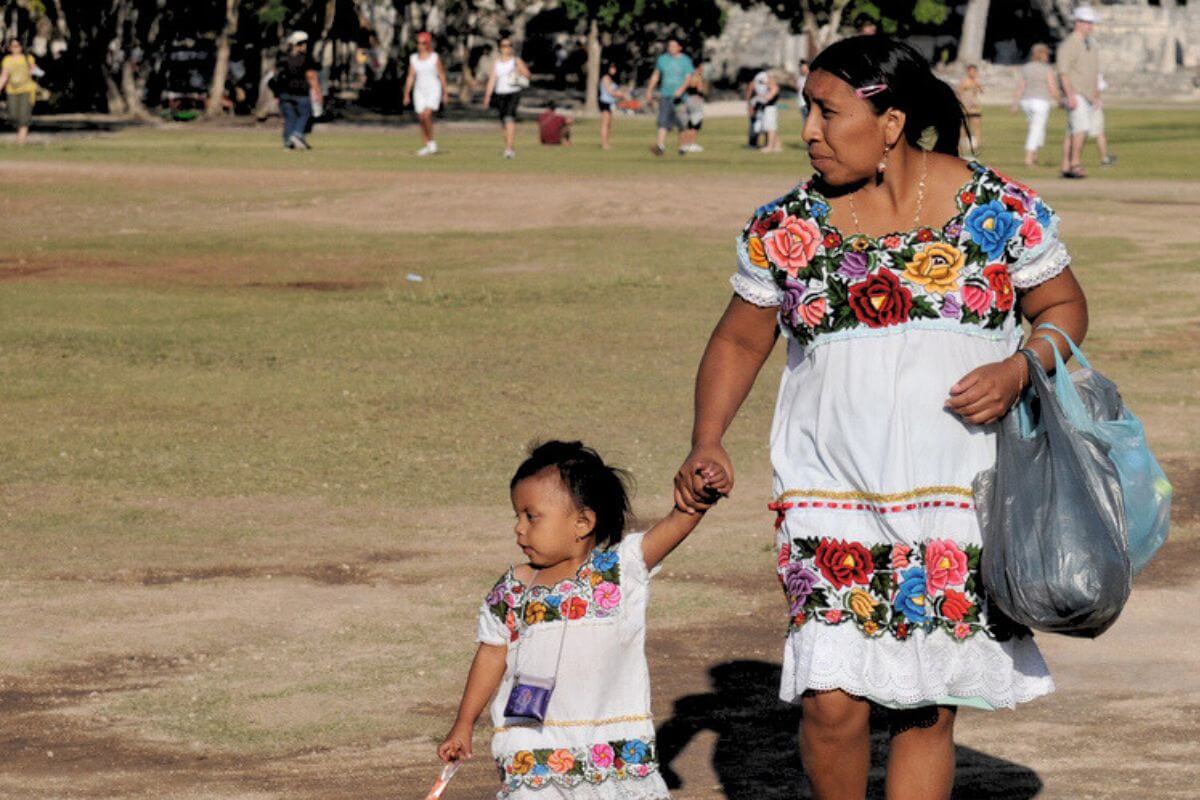
Mexican President Alvaro Obregon, influenced by the ideas presented at the conference, recognized the potential to strengthen societal bonds and highlight the importance of children in national development. On April 30, 1925, he formalized the celebration of El Día del Niño. This date was chosen to commemorate the signing of the Declaration of the Rights of the Child by the League of Nations, an agreement to which Mexico was a signatory.
This pioneering move by President Obregon marked the beginning of an annual tradition that deeply resonates within Mexican society. El Día del Niño has since evolved into a significant event filled with activities and celebrations, aimed at reaffirming the country’s commitment to its younger generation, emphasizing their role as the foundation upon which a prosperous future is built. This holiday not only celebrates children but also serves as a reminder of the ongoing need to advocate for their rights and ensure their well-being across all aspects of society.
When is El Día del Niño celebrated in Mexico?
El Día del Niño is celebrated annually in Mexico on April 30th, a date set aside to honor and engage with the youngest members of the community. This tradition, deeply rooted in Mexican culture, provides a dedicated day to celebrate the joy and innocence of childhood through various festivities and activities.
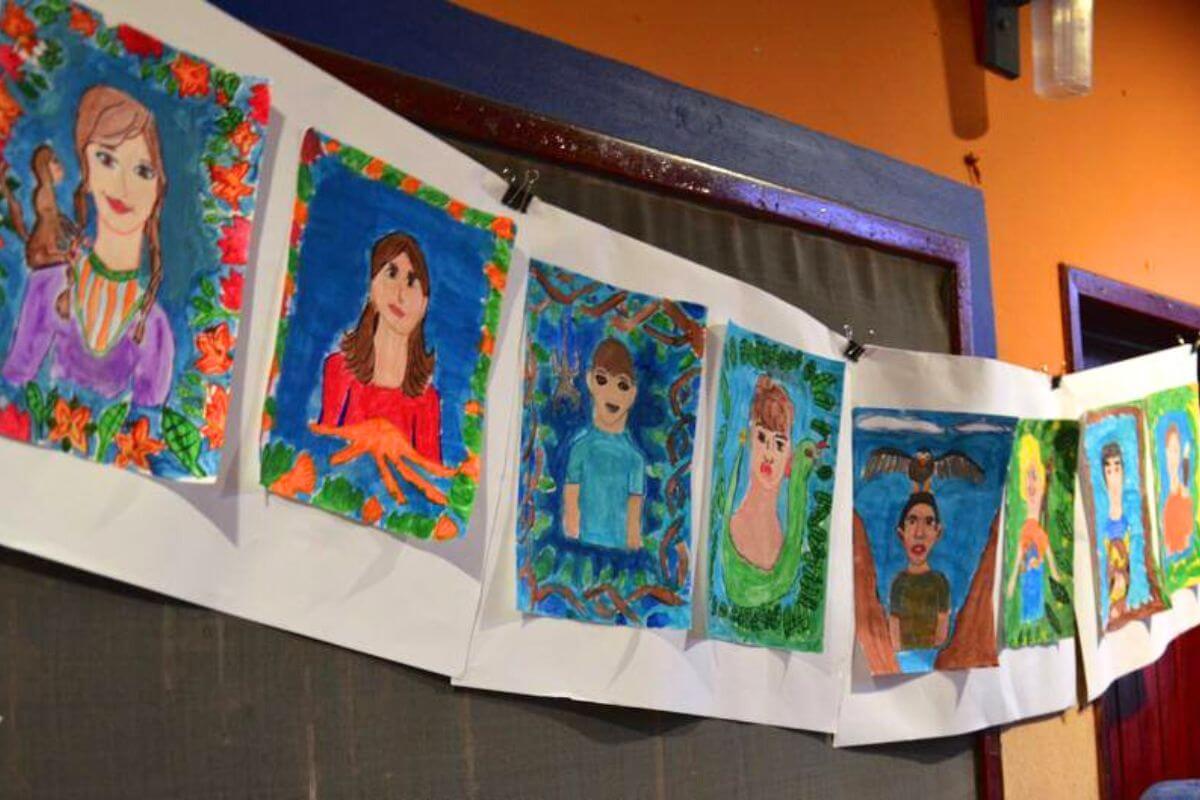
As El Día del Niño is not an official public holiday, schools and banks remain open. Should April 30th fall on a weekend, the celebrations are typically observed in schools the preceding Friday to ensure that the educational institutions participate actively in the event. This adjustment allows for school involvement, where children enjoy a day filled with fun, educational activities and celebrations, making it a memorable experience every year.
Día del Niño Celebrations Around the World
Día del Niño, also known as the Day of the Child, is celebrated in many cultures and countries around the world. While the date and specific traditions may vary, the focus of the celebration is to recognize and honor children’s rights and well-being.
- Mexico – Día del Niño is celebrated on April 30 with special events and activities for children.
- United States – Children’s Day is celebrated on the second Sunday of June. El Día del Niño/Día de los Libros is celebrated annually on April 30.
- Brazil – Children’s Day is celebrated on October 12 with parades, festivals, and other fun activities.
- India – Children’s Day is celebrated on November 14, the birthday of the country’s first Prime Minister, Jawaharlal Nehru. It is a day to promote children’s rights and well-being.
- Japan – Children’s Day is celebrated on May 5 as part of Golden Week, a national holiday period. Families often fly carp-shaped kites and display samurai dolls to celebrate the holiday.
- South Africa – National Children’s Day is celebrated on the first Saturday in November with events and activities to promote children’s rights and well-being.
- The United Nations also recognizes Universal Children’s Day on November 20 as a day to promote and celebrate children’s rights around the world. The United Nations first declared Universal Children’s Day on November 20, 1954. This day is dedicated to promoting international togetherness, awareness among children worldwide, and improving children’s welfare. November 20th also marks the date in 1959 when the UN General Assembly adopted the Declaration of the Rights of the Child, and in 1989, when the UN General Assembly adopted the Convention on the Rights of the Child.
Is Día del Niño an official holiday in Mexico?
El Día del Niño is not an official public holiday in Mexico. As such, schools, banks and government offices remain open. Banks are closed on May 1st in observance of Labor Day.
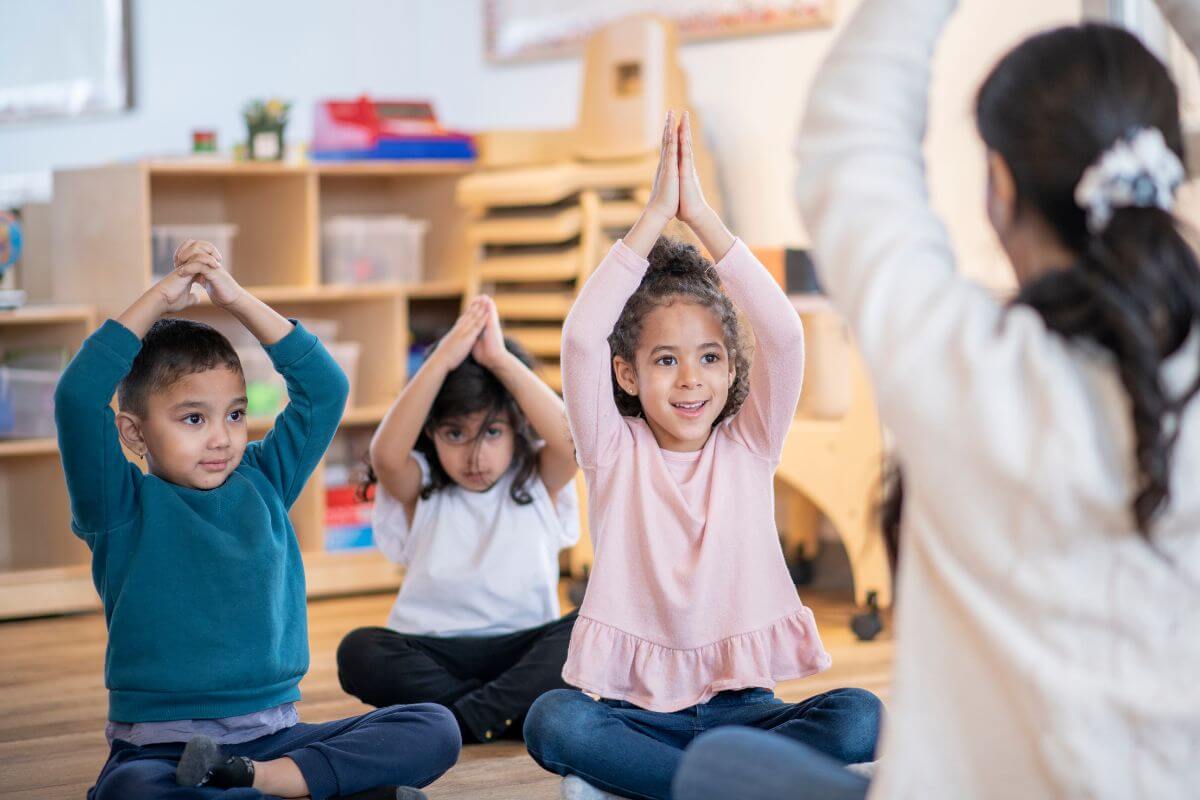
During El Día del Niño in Mexico, schools transform into hubs of celebration. On this day, regular academic activities are typically suspended to make way for a range of festive and educational events. Schools might organize games, music, and dance activities, often with the active participation of parents and the local community, ensuring that the day is both fun and culturally enriching for the children.
Museums and libraries often run themed activities or offer free admission to children, fostering an environment that values and promotes the welfare of the young. These observances underscore the importance of the day within the community and highlight societal commitment to celebrating and nurturing its younger members.
The Connection between El Día del Niño and Día de los Libros
“El Dia del Niño” or “Day of the Child” is about recognizing the importance of children in society and promoting their well-being. Beginning in 1996, several grassroots organizations, libraries, and universities in the United States worked together to link El Día del Niño with language and literacy as a way of supporting the education of children.
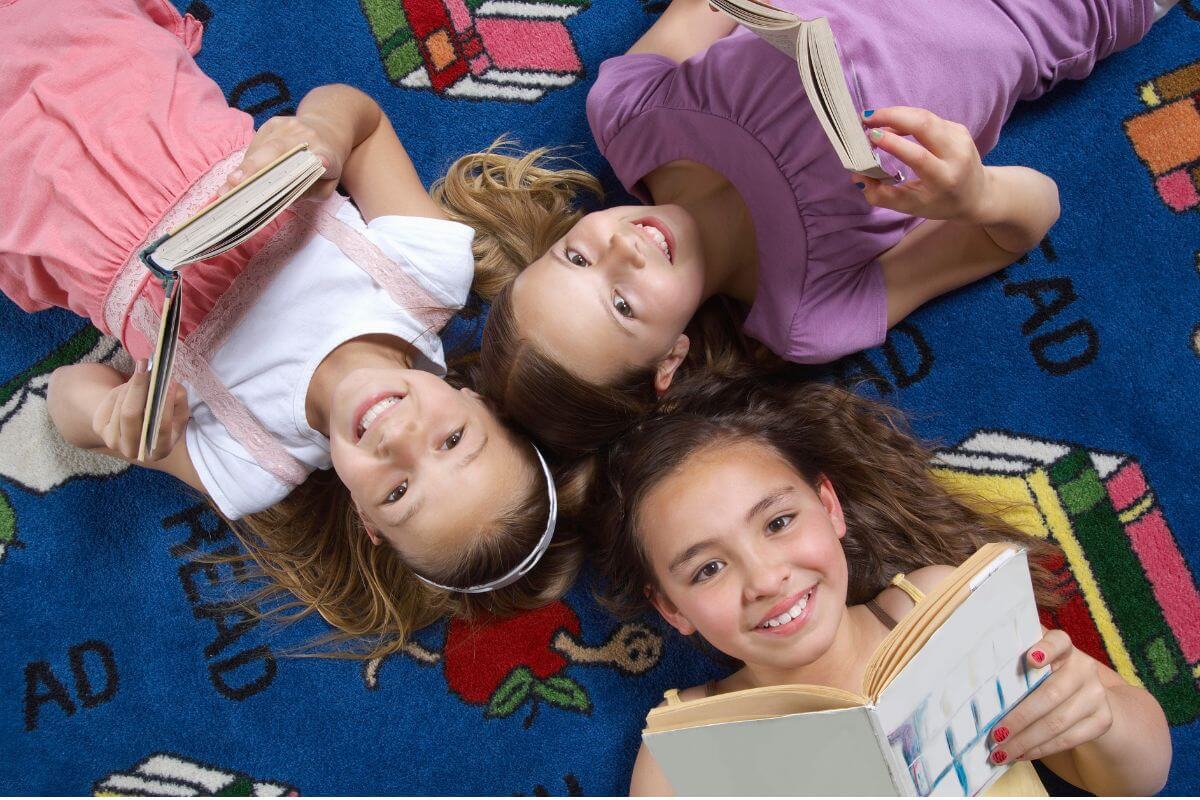
The connection between El Día del Niño and El Día de los Libros is a significant cultural and educational initiative that originated in the United States in 1997, thanks to the efforts of Pat Mora, a literary advocate and award-winning author. Observing how Mexico and other Latin American countries celebrated children and their societal significance through El Día del Niño, Mora proposed a dual celebration that would also highlight the importance of literacy for children’s development. Her initiative aimed to pair the joyous celebrations of Children’s Day with a profound emphasis on reading and learning, thereby enhancing the well-being of children through educational enrichment.
On April 30, 1997, her dream was realized and the first “Día del Niño – Día de los Libros” was observed. Now colloquially known as just “Día” the annual event emphasizes the fundamental role of reading in fostering language skills and cultural awareness among children. The name “Día” underscores that the goals and founding principles of this observance extend throughout the year and call for a DAILY commitment to:
- Recognize and honor the importance of children and childhood
- Promote literacy and the importance of reading by linking children to books, languages, and culture in the home and at school
- Honor home languages and cultures by promoting bilingual and multilingual literacy in this multicultural nation, and global understanding through reading and art
- Influence parents to become involved in the education of their children
- Encourage healthy eating habits for nourished bodies and healthy minds
- Show our children the value of character, community, and good citizenship.
Combining the celebration of El Día del Niño with El Día de los Libros encourages families to engage together in reading activities, visit libraries, and build home libraries, which are crucial steps in nurturing a lifelong love for reading. The day serves as a reminder of the importance of literacy as a cornerstone of education, bridging language and cultural gaps, and promoting a broader understanding of the world through diverse literary works.
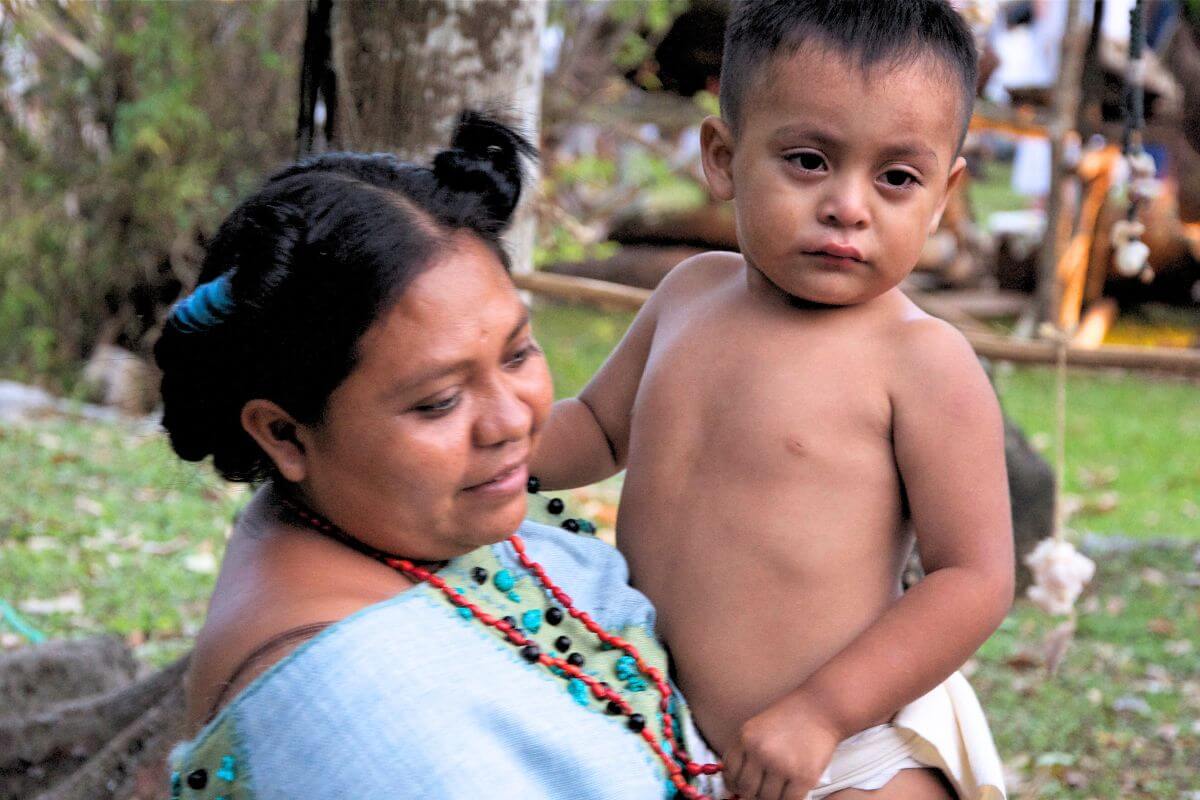
Through this innovative coupling, the El Día del Niño celebrations extend beyond mere fun and games, embedding a deeper value in the festivities by promoting bilingual and multilingual literacy. This approach not only honors children’s cultural heritage but also broadens their horizons by connecting them to a world of stories, knowledge, and ideas, laying a strong foundation for their future educational and personal growth.
El Día del Niño in Mexico is more than just a day of joy and festivities; it is a profound acknowledgment of the importance of children in society. This celebration, rooted in the country’s deep respect for childhood, emphasizes the collective responsibility to nurture the well-being and development of young minds.
El Día del Niño reinforces the values of education, cultural awareness, and healthy development and is a vivid expression of Mexico’s commitment to its future generations, celebrating their potential and advocating for their rights now and for years to come.
